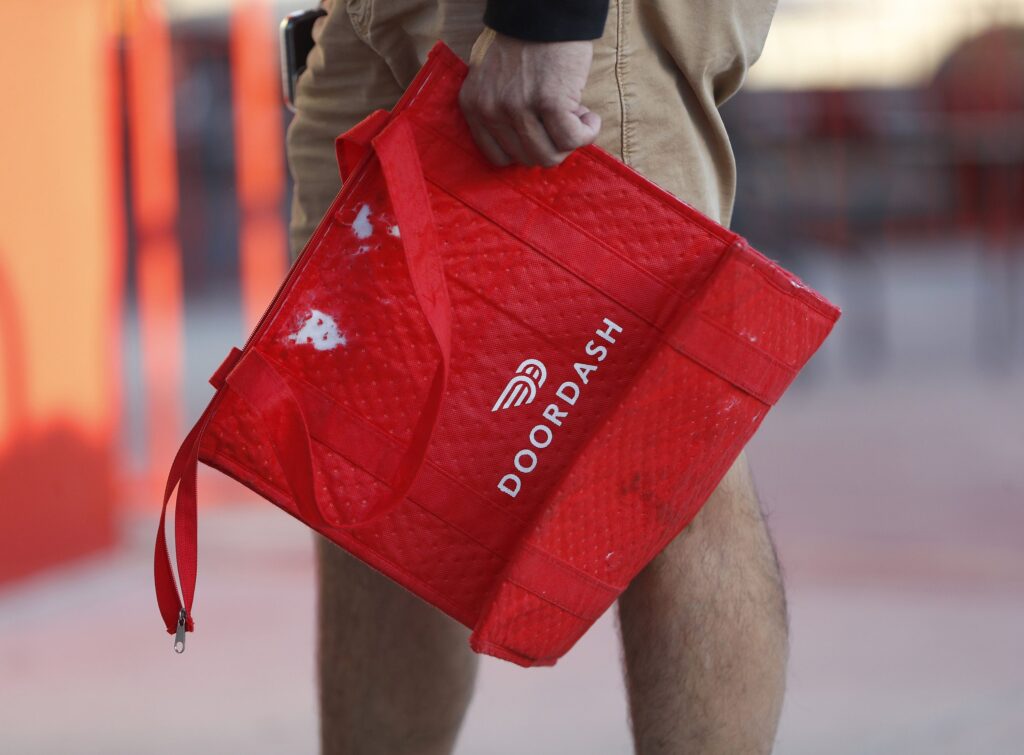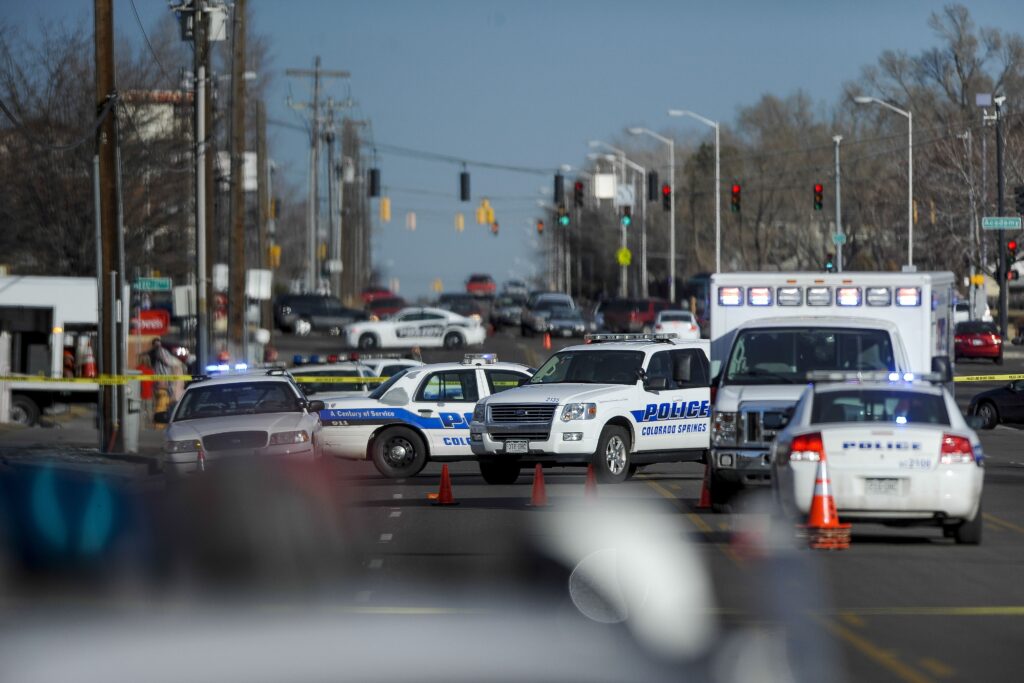Audit of Denver election results set for Tuesday
Denver’s election officials will conduct an audit of election results, which they said would help ensure the integrity of ballots cast in the Nov. 5 general election.
This post-election audit, slated for Nov. 19 at the central office of the election division of the Denver Clerk and Recorder’s Office, will be used to verify that the equipment and procedures used to count votes performed properly and that the election yielded the correct outcomes.
A risk-limiting audit is a post-election process that uses statistical methods to confirm the accuracy of election results. Officials said it provides high confidence that the reported winners accurately reflect the voters’ choices as marked on their ballots.
All ballots scanned on the county’s 14 tabulators are eligible for auditing.
While the random selection process does not guarantee ballots from every tabulator will be chosen, it is highly likely that most will be included, according to election officials.
Ben Warwick, a spokesperson for the election office, said a bipartisan audit board is appointed by the parties to oversee and perform the task in each county.
Election judges and staff will also assist the audit board.
The audit reviews a randomly selected subset of ballots from the general election to confirm the accuracy of the results. The Secretary of State’s Office determines the random selection process. In elections with wider margins, fewer ballots are reviewed, while closer contests would require a larger sample to validate the outcome, officials said.
According to the Colorado Secretary of State’s Office, the risk limit indicates the probability that the audit would correct a wrong outcome.
“For example, an audit with a 5% risk limit means that if an election has an incorrect reported outcome, on average, 95 times out of 100, the audit would catch that incorrect outcome and correct it. If the reported outcome of the election is correct, then the audit offers a very strong level of evidence of that outcome,” the office explained on its website.
“Election experts regard risk-limiting audits as the gold standard in post-election auditing,” the office added.
In 2009, the Colorado General Assembly passed the law that laid the groundwork for requiring risk-limiting audits. The implementation was delayed for several years, as technology advanced to meet the requirements.
The first statewide risk-limiting audit was conducted during the 2017 coordinated election, involving all counties that use machines to tally votes, according to the Secretary of State’s Office.















